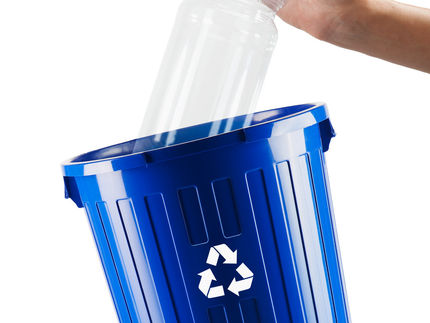SodaStream builds innovative marine vessel to fish plastic waste out of the sea
Advertisement
SodaStream International Ltd. has today sent a vessel called "Holy Turtle" on a grand voyage. The innovative vehicle, of considerable size, is designed to fish plastic waste from the open sea and is currently being tested in the Caribbean off the coast of Roatán, Honduras, under the leadership of CEO Daniel Birnbaum. The daring venture is part of a large-scale initiative and, as far as is known, the first tangible commitment of a commercial company to actively help out and fish garbage out of the ocean. SodaStream's cleaning column consists of 150 SodaStream executives from 45 countries, international environmental specialists, the NGO Plastic Soup Foundation, and hundreds of children from 7 different local schools with local representatives of the Honduran government.
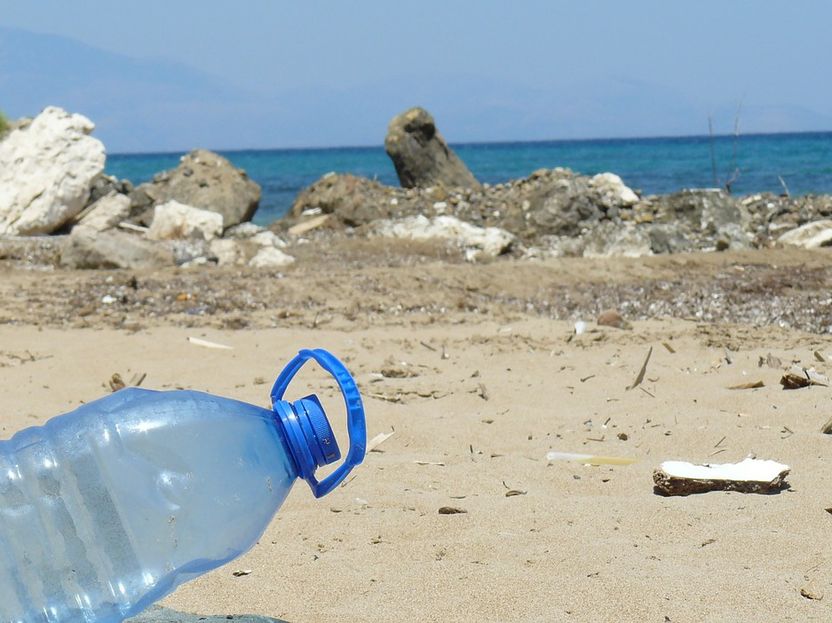
kakuko/ Pixabay
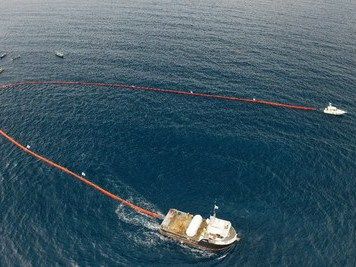
SodaStream International
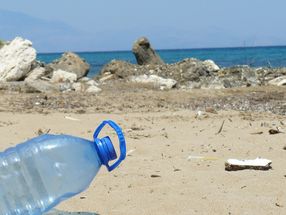
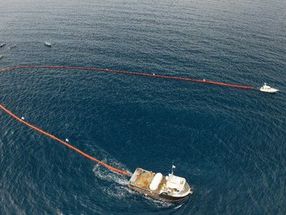
CEO Daniel Birnbaum takes 300 senior SodaStream managers from around the world, children from local communities and environmental NGOs to the Caribbean and Roatán beaches for hands-on environmental protection.
The "Holy Turtle" is a floating vessel about 305 meters (1,000 feet) long, which can be carefully towed for miles over open waters by two seaworthy ships. It was specially developed to pick up drifting waste and, thanks to its large bung holes, does not damage the marine wildlife. The idea is based on oil spill containment systems and was implemented by ABBCO in Florida, USA, one of the leading experts in the field of oil spill control.
SodaStream's Roatán initiative was inspired by a video by Caroline Powers that was broadcast on the BBC in October 2017, showing underwater images of a floating dump in the Caribbean off the coast of Roatán. The frightening shots moved SodaStream CEO Daniel Birnbaum, an experienced skipper and naval officer, to lead the search for a solution to this floating waste himself. Birnbaum explains, "We cannot dispose of all the plastic waste on our planet, but we must all do what we can. The most important thing is that we commit ourselves to refrain from using disposable plastics.
The plastic waste collected by Holy Turtle will be used for an exhibition to raise awareness and educate consumers around the world on how to reduce the use of disposable plastics in all forms including plastic cups, straws, bags and bottles.
The four-day SodaStream mission in Honduras will also involve children from 7 local schools, who will not only collect garbage side-by-side with the SodaStream managers, but will also receive training from environmental experts to become environmental ambassadors in their respective communities. Guest speakers include Maria Westerbos, founder of the Plastic Soup Foundation; Chris Jordan, the filmmaker and art photographer who used moving images in his famous work "Albatross" to illustrate the environmental tragedy on the Midway Islands in the South Pacific; Laura Leiva, a marine plastic waste researcher at the Alfred Wegener Institute for Polar and Marine Research in Germany; Elena Gonzalez, co-founder of the Bay Island Coastal Clean-up; and Mishelle Mejia, sustainability and CSR consultant.
"More than 8 million tons of plastic end up in the sea every year. This plastic does not simply disappear. It breaks down into tiny particles, floats in the ocean, endangers marine life and ends up in our food chain," says Birnbaum. "We must all pull together to reduce the use of disposable plastics and commit to changing our habits to reusable and recycled plastics. It's up to us".



